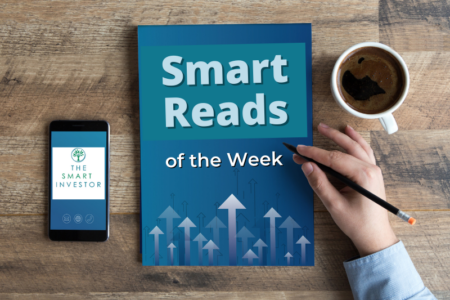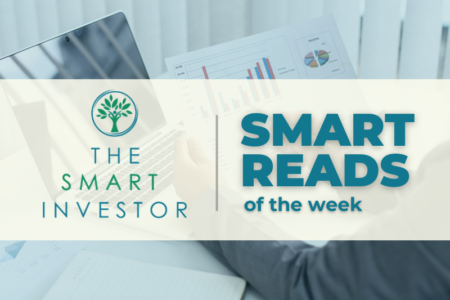It shouldn’t have come as that great a surprise to any of us that markets would be choppy ahead of the US Presidential election in November. What were we expecting to happen? A cake-walk?
Let’s not forget – as if we can even start to forget – that we have a US president who has chosen to deliberately ignore the dangers of COVID-19. He has shunned the advice of health professionals and allowed the deadly pathogen to run rampant across the country.
Aside from the pandemic, the uncertainty over who will occupy The White House for the next four years come January 2021, adds another layer of uncertainty for markets to handle. How will Sino-US relationships develop next year and beyond is anyone’s guess.
As if that wasn’t already enough, we have a global economic recovery to cope with. How might the world recover from something as devastating as the coronavirus? And on that note, what do central banks have left in the tank….
…. they have already thrown more than US$10 trillion at a deadly bug that is several orders of magnitude thinner than a $10 note. And despite the unprecedented cash injection, they have very little to show for it.
All that seems to have happened is that the cash has found its way into the stock market – just as it did during the great financial crisis of 2008. Investors and savers with nowhere left to put their money have been forced turn to equities for yields that are getting increasingly more meagre.
And it gets worse. Inflation, which nobody ever talked about before, is starting to appear. It puts those central banks in a tough spot. Should they turn a blind eye to rising consumer prices and just keep printing as much money as their economies need?
Put it altogether and we have the makings of a turbulent market. But cut through the volatility and we have capitalism in its rawest form at work.
Money is being put to work in businesses that have the best chance of emerging relatively unscathed from the pandemic. Not all companies will survive….
…. But those that do should be able to justify the higher valuations that the market has assigned to them. Why? Because there will be fewer of them around after the pandemic.
And our job as investors is to identify those companies that will still be around when the dust settles.
If you’d like to learn more investing concepts, and how to apply them to your investing needs, sign up for our free investing education newsletter, Get Smart! Click HERE to sign up now.
Get more stock updates on our Facebook page. Click here to like and follow us on Facebook.
Disclosure: David Kuo does not own shares in any of the companies mentioned.





